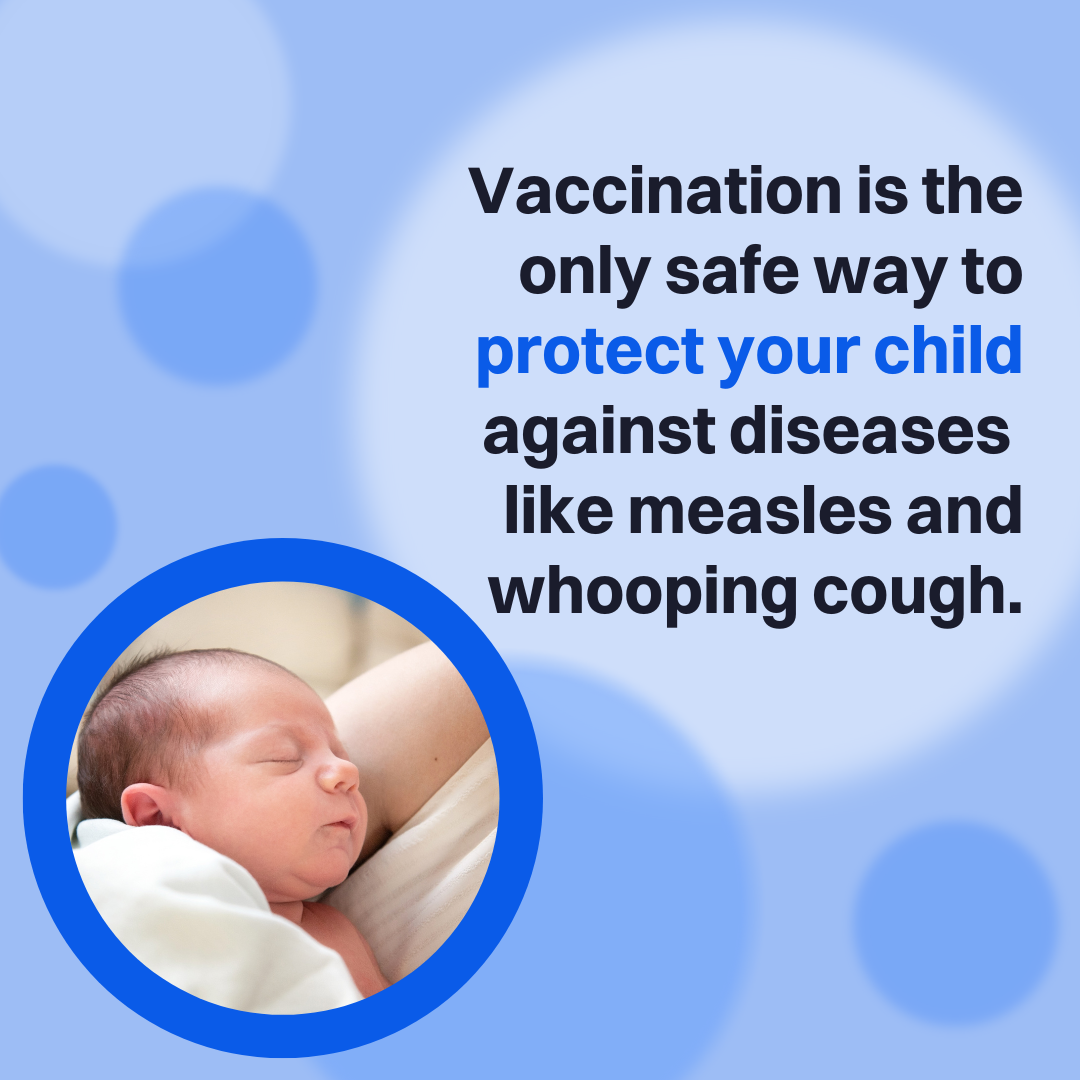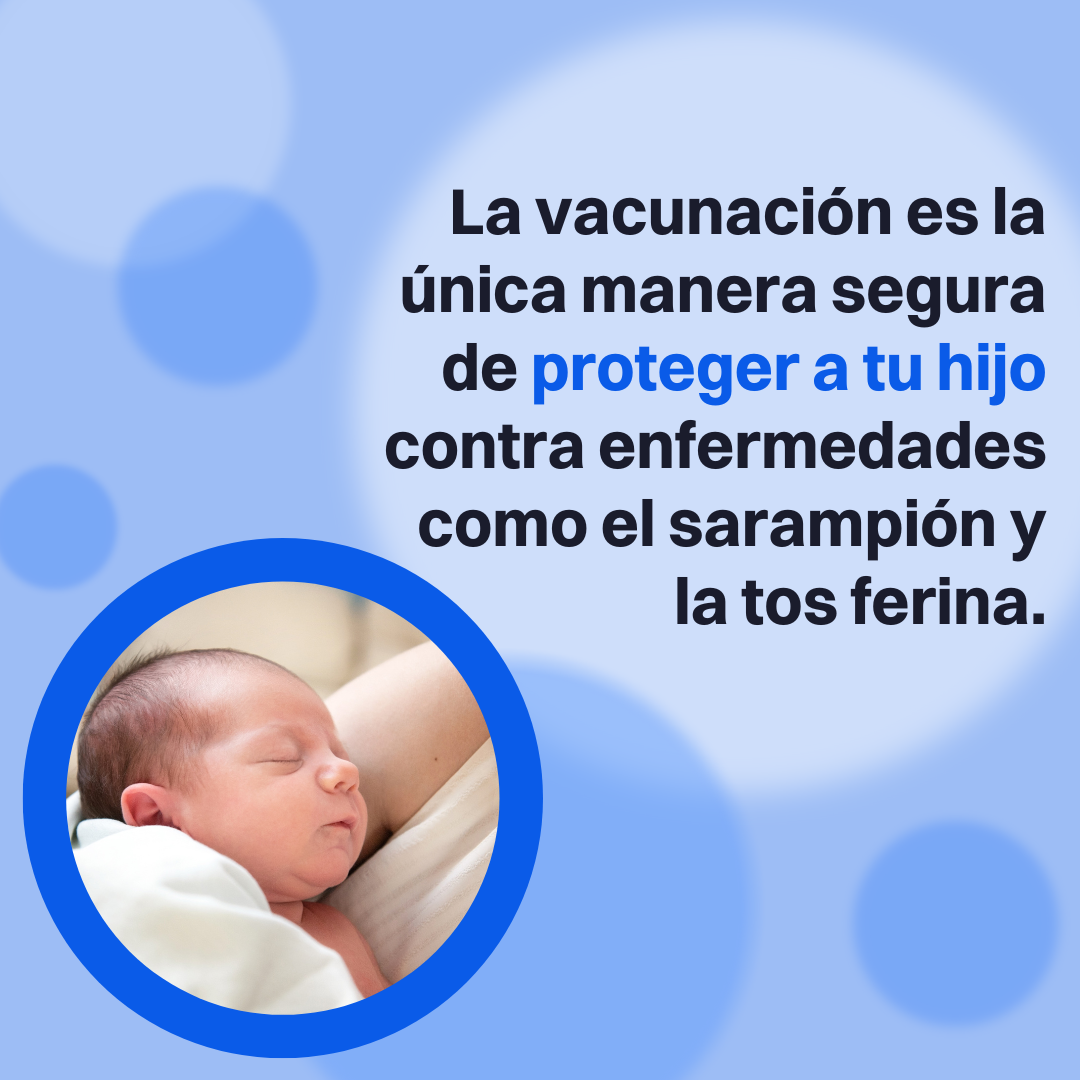Posts debate vaccines as children head back to school
As summer winds down, vaccine conversations shifted to the new school year and the updated COVID-19 vaccines available this fall. A new CDC report found that non-medical exemptions for routine vaccines rose last school year as childhood immunization rates continue to decline. Parents and other social media users discussed the potential impact on disease outbreaks as children around the country return to school. Meanwhile, a recent survey found that nearly 60 percent of adults in the U.S. don’t plan to get an updated COVID-19 vaccine this fall, as many expressed confusion about who is eligible for the vaccine and if insurance will cover it. Finally, after the HHS secretary recently repeated the misleading claim that doctors are paid to promote vaccination, several popular posts resurfaced it.
For even more resources, check out the menu above for real-time insights, training resources, and more. Specifically curated for people working in health care and public health, these links provide actionable content to help navigate today’s information landscape.
Trending narratives from the past month
School vaccine exemption debate rages on as childhood immunization rates fall
On July 31, the CDC published a report finding that childhood vaccination rates decreased nationwide during the 2024-2025 school year. The report revealed that school vaccine exemptions have reached record highs, with 17 state exemption rates exceeding 5 percent. Shortly before the report’s publication, the American Academy of Pediatrics released a policy statement calling for the elimination of nonmedical exemptions for vaccines required to enroll in school. Some social media users urged parents to vaccinate their children before the new school year, while many others encouraged parents to delay or forgo childhood vaccines and recommended seeking nonmedical vaccine exemptions. Several posts falsely claimed that unvaccinated children are healthier and that eliminating nonmedical exemptions is an “attack” on parental freedoms. Read the fact checks here and here.
Internet reacts to survey that most Americans don’t want to get a fall COVID-19 vaccine
Following an August 1 KFF survey finding that 59 percent of Americans don’t plan to get a COVID-19 vaccine this fall, online users insisted that people are “waking up” and have lost trust in vaccines. Anti-vaccine responses attempted to discredit mRNA COVID-19 vaccines as “poison” and suggested, without evidence, that mRNA COVID-19 vaccines are being secretly released into the air or added to flu shots. Vaccine proponents noted that changing federal guidelines may have left some people unsure of their eligibility for COVID-19 vaccination or if their insurance will cover the vaccine. This conversation comes amidst the health secretary ending over half a billion dollars of mRNA vaccine research funding to prioritize “safer” vaccine options. Experts and social media users argued that the move is an “attack on science” that undermines public trust in mRNA vaccines. Read the fact checks here and here.
Myth persists that doctors are “bribed” to give vaccines
The misleading claim that doctors are paid or bribed by pharmaceutical and insurance companies to vaccinate their patients was widely discussed online over the last month. A major source of debate was a June 30 interview, in which the HHS secretary called vaccine profits a “perverse incentive” for doctors. This claim was immediately refuted by health care providers and medical groups, who say that physicians often lose money by providing vaccinations. Still, social media users continued to spread the myth for weeks, arguing that health care should never have financial motivations. Read the fact checks here and here.
What you might say in response
Routine vaccines are safe and protect all children.
- Vaccination is safe and the only safe way to protect children against preventable diseases like polio, measles, and whooping cough.
- Following the recommended vaccination schedule protects children before they’re exposed to dangerous diseases. Skipping or delaying vaccines puts children at unnecessary risk when there is no evidence that spacing out vaccine doses is safer than following the recommended schedule.
- High vaccination rates protect all children, including those who are too young to be fully vaccinated or have health conditions that prevent them from getting vaccinated.
Getting vaccinated is the best way to protect yourself and your family against COVID-19 this fall.
- Updated 2025-2026 COVID-19 vaccines will be available this fall. The vaccine protects people of all ages—including healthy children and adults—against severe illness, hospitalization, long COVID, and death.
- COVID-19 vaccination is especially important for people who are at high risk of severe illness, including people who are immunocompromised, 65 and older, and have underlying health conditions, including pregnancy.
- In the last five years, mRNA COVID-19 vaccines have saved millions of lives and prevented millions of cases of severe illness and long COVID—with no evidence of widespread safety concerns.
Vaccines don’t just save lives. They save billions of dollars worldwide by preventing deadly and debilitating diseases.
- Vaccines are one of the most cost-effective and life-saving medical innovations in history.
- Health care providers are not paid by pharmaceutical companies to give vaccines. Some insurance companies offer incentive programs to doctors to improve overall patient health outcomes and reduce health care costs. This may include encouraging patients to stay up to date on recommended vaccines, make healthy lifestyle choices, and undergo routine medical screenings.
- Pediatricians and health insurers alike recognize that vaccination helps keep children healthy by reducing their risk of contracting vaccine-preventable diseases.
What we’re reading
- KFF Health News: It’s Almost Flu Season. Should You Still Get a Shot, and Will Insurance Cover It?
- CIDRAP: CDC data show uptick in some teen vaccine coverage
- USA Today: New COVID variant ‘Stratus’ is spreading in the U.S. and worldwide: What are the symptoms?
- The Conversation: Vaccine hesitancy: How social and technological issues converged to spawn mistrust
- CHC: Respiratory Season Vaccine Planning Toolkit
The Common Health Coalition recently launched the 2-4-2 Digest, a weekly snapshot that provides four key insights for health leaders and can be read in two minutes or with two swipes on your phone. Sign up for the next weekly edition.
Studies and trainings
- KFF: KFF Tracking Poll on Health Information and Trust: COVID-19 Vaccine Update
- American Academy of Family Physicians: LinkedIn Webinar: Addressing Vaccine Hesitancy and Misinformation
Sign up for the Trusted Messenger Program, a comprehensive series of online or in-person trainings, resources, models, and workshops that help health care providers develop the skill they use most, and that is most critical to their success: communication.
Join Dr. Todd Wolynn, executive director of the Trusted Messenger Program, for his ACOG-hosted presentation on trust and relationships, AIMS, and digital and social media use in health care during respiratory virus season. Register now.
Interested in learning more about how to debunk false claims with patients? Check out the new Infodemiology Training Program. In videos that range from 5 to 10 minutes each, the program introduces health care providers to the basics of infodemiology and provides you with actionable skills to help improve patient care. Get started today.
Quick response media assets
Below, we’ve provided a social media asset in English and Spanish. Use these assets on social media to fight false claims and help provide your network with accurate information. Just right-click the asset, or press and hold on mobile, to download.

Proposed social copy:
Vaccines have been keeping children safe for generations. Skipping routine vaccines puts children at unnecessary risk by allowing deadly and debilitating diseases to spread widely.

Publicación propuesta:
Las vacunas han mantenido a los niños a salvo durante generaciones. Saltarse las vacunas de rutina pone a los niños en riesgo innecesario al permitir que enfermedades debilitantes y mortales se propaguen ampliamente.
The Health Care Infodemiology Brief is brought to you by PGP, the health care leadership of the Trusted Messenger Program, and Infodemiology.com’s sponsors and partners.
